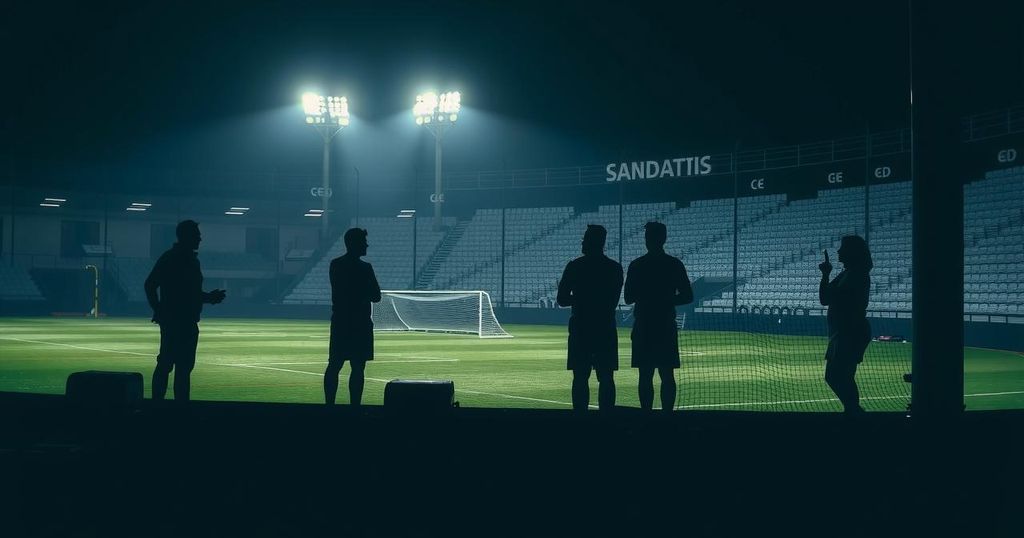The Imperative for Reform: Addressing India’s Coaching Deficiencies in Modern Sports
The disparity of India’s performance at global sporting events, especially the recent 2024 Olympic Games in Paris, highlights a critical concern regarding the state of sports coaching in the nation. Despite India having the highest youth population globally, with 253 million individuals aged between 10 and 19 according to UNICEF data, the country failed to secure a single gold medal at the Olympics. In stark contrast, neighboring China, with a similarly large demographic, excelled in medal tallies during the same competition. This raises pertinent questions about the underlying reasons for India’s stagnation in sports achievement.
One of the primary factors contributing to India’s lack of Olympic success is the stagnation in sports coaching methodologies since the nation’s heyday in field hockey, which was notably marked by a steep decline post-1980. A critical examination reveals that Indian sports coaching has not evolved in line with global advancements in training techniques. At the heart of this issue is a pervasive deficit of qualified, world-class coaches in the country, which subsequently compromises the development of elite athletes.
A detailed investigation shows that the inadequate supply of competent coaches stems partly from the sports governance structure in India, where many coaching positions are occupied by former athletes whose success on the field does not necessarily translate to effective coaching. The rapid evolution of sports requires coaches to stay informed and adapt to new training paradigms. Unfortunately, in India, many coaching appointments are based on past accolades rather than a contemporary understanding of the sport’s demands. For instance, the recent success of the Indian men’s hockey team can be attributed to a South African coach who possessed up-to-date knowledge about the game, showcasing how essential modern coaching methodologies are to athlete performance.
Moreover, the issue is exacerbated by a concerning trend in Indian sporting culture where coaching efficacy is overshadowed by familiarity or celebrity status rather than performance metrics. This trend raises the critical point that poorly equipped coaches can pose a danger to young athletes, rendering them susceptible to injuries and ineffective training practices. In an era where sports competitions are conducted year-round and the physical demands on athletes have intensified, it is imperative for coaches to be well-acquainted with injury prevention and treatment modalities. Coaches must actively engage in ongoing education and self-assessment to adapt to the ever-evolving landscape of sports.
Additionally, cultural factors in India significantly impact athletic development. Many sporting federations are led by politicians lacking any substantive background in athletics, leading to governance that does not prioritize the specialized requirements of modern sports training. Furthermore, dietary habits prevalent among Indian athletes do not support optimal performance, with a significant portion of the population resistant to adopting nutritional practices conducive to peak athletic output.
Finally, the societal perception of sports in India typically frames it as a pathway to fame and wealth, rather than a pursuit of passion and excellence. This contrasts sharply with the sports ethos observed in nations such as those in Europe, Australasia, and the Americas, where athletic engagement is often seen as an integral part of life.
In conclusion, India’s underwhelming performance at the Olympics, despite its vast youthful population, draws attention to the urgent need for reforms in sports coaching, infrastructure, cultural attitudes, and athletic governance. The potent combination of elite coaching, robust governance, and supportive cultural contexts can facilitate transformative outcomes for India’s sports future. The commitment to fostering a generation of well-trained athletes begins with investing in knowledgeable coaches who understand and can adapt to the demands of modern sports.
Kush Singh, Founder of The Cricket Curry Tour Company, presents these views as a call to action for necessary reforms.








Post Comment